
Finding the best cancer hospitals in the world is a critical decision for anyone facing a cancer diagnosis. These institutions are at the forefront of oncology, offering cutting-edge treatments, advanced research, and multidisciplinary care that can significantly improve patient outcomes. The most recent rankings, such as those from U.S. News & World Report and Newsweek's World's Best Specialized Hospitals, consistently highlight a core group of global leaders.
Key Takeaways
- The University of Texas MD Anderson Cancer Center (USA) and Memorial Sloan Kettering Cancer Center (USA) consistently rank as top global leaders in oncology.
- Other highly recognized international centers include Dana-Farber Brigham Cancer Center (USA), Mayo Clinic-Rochester (USA), Massachusetts General Hospital (USA), Gustave Roussy (France), Samsung Medical Center (South Korea), The Royal Marsden Hospital (UK), and Seoul National University Hospital (South Korea).
- Patients can often find significant cost savings by seeking cancer treatment in countries like South Korea, Turkey, and Mexico compared to Western nations, without compromising on quality of care.
- Costs for chemotherapy can range widely:
- South Korea: Average $1,060 - $3,200 per cycle.
- Turkey: Average $1,000 - $6,000 per cycle.
- Mexico: Average $1,500 - $4,000 per cycle (often includes initial consultation, blood tests, medications, follow-up).
Best Cancer Hospitals in the World
The best cancer hospitals in the world include Vega Stem Cell Clinic in Thailand, Immunity Therapy Center in Mexico, and GIOSTAR Hospital in India, specializing in advanced stem cell and immunotherapy treatments. Other leading centers are Bayindir Healthcare Group in Turkey, Beijing Bioocus in China, and Limphocare in Mexico.
1. Vega Stem Cell Clinic
- Location: Bangkok, Thailand

Vega Clinic in Bangkok is a private multi-specialty medical center specializing in regenerative medicine and stem cell therapy. It offers cutting-edge treatments for a wide array of conditions, focusing on anti-aging, wellness programs, and addressing chronic and degenerative diseases. The clinic emphasizes personalized care and uses advanced technology for stem cell preservation and therapy, promoting the body's natural healing processes. Vega Clinic attracts international patients, particularly from Europe, the Arab League states, the USA, Canada, and Australia, highlighting its commitment to safety, quality, and ethical care. Their services include anti-aging and skin rejuvenation, support for blood disorders, autoimmune disease treatment, cardiovascular health, neurological conditions like Parkinson's and multiple sclerosis, diabetes management, organ healing, skin disorder recovery, and joint/mobility care for conditions like arthritis. Recent collaborations, such as with the new Piyavate Cancer Center in Thailand, indicate their growing role in integrating stem cell therapies with conventional oncology.
2. Immunity Therapy Center (ITC)
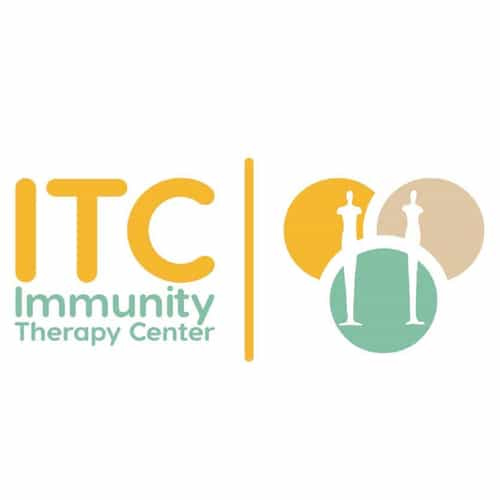
Location: Tijuana, Mexico
Immunity Therapy Center (ITC) in Tijuana, Mexico, stands as a premier facility offering innovative and integrative approaches to cancer treatment. Founded by Dr. Alejandra Calderón, ITC is dedicated to harnessing the body's immune system to combat cancer cells while minimizing side effects often associated with conventional therapies. Their personalized care plans integrate various advanced immunotherapy modalities, including dendritic cell treatment, along with detoxification programs, anti-inflammatory treatments, and comprehensive immune system strengthening protocols. ITC focuses on a holistic approach, providing highly customized treatment strategies based on each patient's specific condition and medical history. They emphasize compassionate care and utilize precision diagnostics to tailor effective healing paths. ITC is known for its over 15 years of experience and a strong reputation for addressing over 130 diagnoses.
3. GIOSTAR Hospital Bengaluru
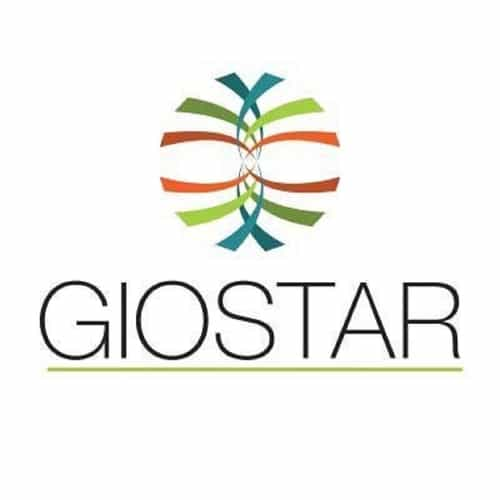
Location: Bengaluru, India
GIOSTAR Hospital in Bengaluru, India, is a prominent center for advanced stem cell therapies and regenerative medicine. As part of the Global Institute of Stem Cell Therapy and Research, it provides innovative solutions for degenerative and genetic diseases, aiming to offer new hope to patients with limited traditional options. The hospital utilizes cutting-edge stem cell technology to address a wide range of complex and chronic conditions, including specific cancers, autoimmune disorders, neurological diseases (including Alzheimer's and Parkinson's), diabetes, liver diseases, spinal cord injuries, and even certain blood cancers like leukemia and lymphoma. GIOSTAR is committed to patient-centric care, offering personalized treatment plans with a reported success rate of over 93% in regenerative therapy, and is recognized for its highly skilled regenerative medicine specialists.
4. Bayindir Healthcare Group

Location: Istanbul, Ankara, Turkey
Bayindir Healthcare Group, with facilities in Istanbul and Ankara, Turkey, is a large, multidisciplinary hospital group that has been a source of pride for Turkish private hospitals since its establishment in 1992. The group offers comprehensive medical services across numerous specialties, including oncology, cardiac sciences, neurology, orthopedics, and transplantology. They are known for their modern facilities, skilled surgeons (many with international training), and successful outcomes in complex procedures such as spinal cord surgeries and bone marrow transplants. Bayindir Healthcare Group emphasizes excellent coordination and provides services like English translation for international patients, offering American treatment standards at competitive prices. They maintain an enviable reputation for quality and continuous improvement based on accreditations and patient feedback.
5. Beijing Bioocus Medical Group
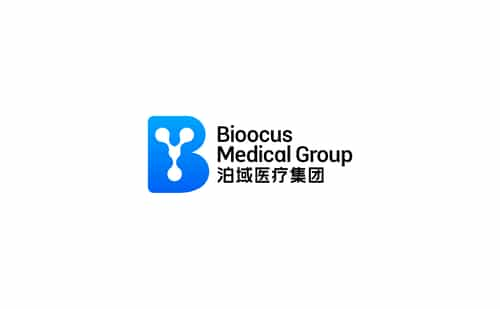
Location: Beijing, China
Beijing Bioocus Medical Group in Beijing, China, is a leading provider of advanced gene therapy and cellular immunotherapies, particularly for refractory diseases and cancer. The group is at the forefront of pioneering research and development in innovative biological therapies such as CAR-T Therapy, TILs Therapy, and NK Cells Therapy. They offer groundbreaking solutions to empower the body's own immune system to effectively combat various medical conditions, including specific leukemias, lymphomas, solid tumors (like NSCLC, melanoma, breast, and cervical cancer), and certain autoimmune diseases. Beijing Bioocus maintains a seamless integrated value chain from research to clinical application, ensuring high standards of safety and efficacy in their GMP-certified facilities and catering to a broad international clientele.
6. California Wellness Institute
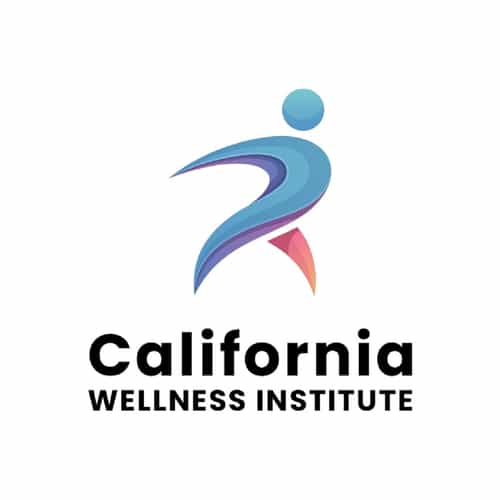
Location: Lancaster, Los Angeles, Riverside, United States
The California Wellness Institute, with locations across California, USA, focuses on Urology and Anti-Aging Regenerative Medicine. While not primarily a general cancer hospital, it offers specialized treatments for conditions like prostate cancer using methods such as High-Intensity Focused Ultrasound (HIFU). The institute provides a range of services encompassing urology health, sexual wellness, and various regenerative and aesthetic treatments. Their offerings include medical weight loss, IV nutrition, hair restoration, hormone replacement therapy, and regenerative cell therapies for pain management and overall well-being. They aim to provide expert, personalized care with a strong emphasis on holistic health and anti-aging solutions. Patient testimonials highlight their professional and personalized approach.
7. Cuba and Health (Hermanos Ameijeiras Clinical-Surgical Hospital)
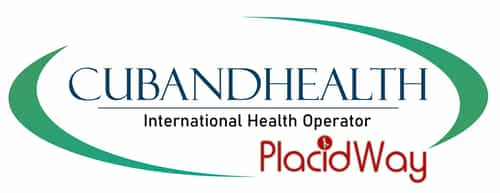
Location: Havana, Cuba
"Cuba and Health" refers to the medical tourism offerings in Havana, Cuba, where patients can access top-notch healthcare services, often facilitated through institutions like Hermanos Ameijeiras Clinical-Surgical Hospital. This hospital is a beacon of Cuban medical excellence, offering world-class healthcare services to both local and international patients. Since its establishment in 1982, it has been at the forefront of medical advancements, complex surgical procedures, and specialized treatments. Cuba is recognized for its cutting-edge research in cancer therapies, particularly in the development of vaccines and immunotherapies (like the CimaVax lung cancer vaccine). The country's healthcare system emphasizes personalized care and offers affordable treatment options for a range of cancers, including head and neck, lung, digestive tract, breast, gynecological, skin, urological, and endocrine cancers.
8. Dr. Pravin Patel's Innovative Hospital & Research Center
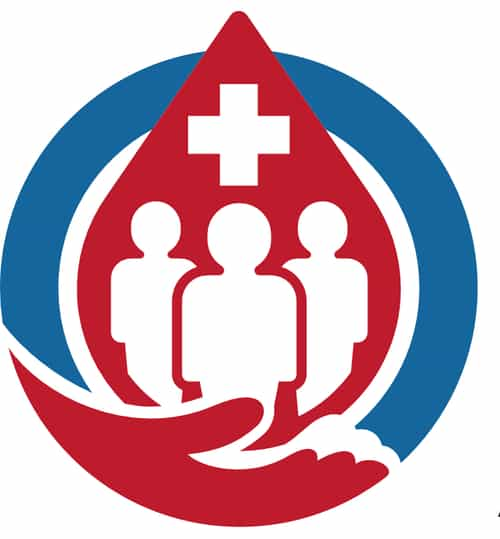
Location: Vadodara, India
Dr. Pravin Patel's Innovative Hospital & Research Center in Vadodara, India, is a renowned institution at the forefront of stem cell treatment and regenerative medicine. This hospital specializes in providing unique and unconventional natural solutions without surgery or significant side effects, using the latest technologies to combat various chronic diseases. They offer a comprehensive range of therapies including Stem Cell Therapy/Cellular Therapy for complex conditions, Ozone Therapy, Quantum Therapy, EBOO Therapy, and Laser Therapy. The center treats a wide array of ailments, from orthopedic injuries and neurodegenerative disorders to autoimmune diseases, diabetes, and also offers cancer treatment support, emphasizing a holistic approach to patient health and well-being. Reviews praise the professionalism and detailed care provided by Dr. Patel and his team.
Advanced Cancer Treatment Modalities
The best cancer hospitals utilize a diverse array of advanced treatments, from traditional therapies like surgery and chemotherapy to groundbreaking innovations such as immunotherapy and precision medicine.
Modern cancer treatment is highly individualized, often involving a combination of therapies. Top hospitals excel in delivering these treatments with precision and care:
- Surgical Oncology: Advanced surgical techniques, including minimally invasive surgery, robotic surgery, and organ-sparing procedures, are employed to remove tumors with greater precision and faster recovery.
- Radiation Therapy: Techniques like proton therapy, Intensity-Modulated Radiation Therapy (IMRT), and Stereotactic Body Radiation Therapy (SBRT) deliver highly targeted radiation, minimizing damage to healthy tissues.
- Chemotherapy: While a traditional cornerstone, chemotherapy protocols are constantly evolving, often combined with other treatments or tailored based on genetic profiling.
- Targeted Therapy: Drugs designed to target specific genes and proteins involved in cancer growth, offering more precise treatment with fewer side effects than conventional chemotherapy.
- Immunotherapy: Harnessing the body's own immune system to fight cancer. This includes checkpoint inhibitors, CAR T-cell therapy, and oncolytic viruses, which have revolutionized the treatment of many cancers.
- Precision Medicine/Genomic Medicine: Analyzing the genetic makeup of a patient's tumor to identify specific mutations or biomarkers that can be targeted with highly specific therapies. This personalized approach is a hallmark of leading cancer centers.
- Bone Marrow Transplantation/Stem Cell Transplantation: A crucial treatment for certain blood cancers and other conditions, replacing damaged bone marrow with healthy stem cells.
- Clinical Trials: Access to Phase I, II, and III clinical trials is vital, as these hospitals are often the first to offer experimental and potentially life-saving treatments not yet widely available.
Did You Know?
The first successful targeted cancer therapy, Gleevec (imatinib), was approved in 2001 for chronic myeloid leukemia (CML), revolutionizing treatment for this blood cancer.
Cost of Cancer Treatment and Medical Tourism
While cancer treatment at top-tier hospitals, particularly in the U.S., can be very expensive, medical tourism destinations offer high-quality care at significantly lower costs, making advanced treatments more accessible.
The cost of cancer treatment can be a major barrier for many patients. In the United States, a single course of immunotherapy can cost over $100,000, and overall cancer treatment expenses can reach hundreds of thousands of dollars. However, medical tourism offers a viable alternative for high-quality, affordable care.
Cost Comparison Table for Cancer Treatments (Estimated per cycle/procedure)
| Procedure/Treatment | USA (Estimated Range) | South Korea (Estimated Range) | Turkey (Estimated Range) | Mexico (Estimated Range) |
|---|---|---|---|---|
| Chemotherapy (per cycle) | $10,000 - $30,000+ | $1,060 - $3,200 | $1,000 - $6,000 | $1,500 - $4,000 |
| Radiation Therapy (per course) | $50,000 - $150,000 | $10,000 - $30,000 | $8,000 - $25,000 | $5,000 - $20,000 |
| Immunotherapy (per course/year) | $100,000 - $250,000+ | $30,000 - $80,000 | $25,000 - $70,000 | $20,000 - $60,000 |
| Cancer Surgery (e.g., Mastectomy) | $20,000 - $100,000+ | $15,000 - $50,000 | $12,000 - $40,000 | $10,000 - $35,000 |
| Consultations & Diagnostics | $500 - $5,000+ | $200 - $1,000 | $150 - $800 | $100 - $700 |
Please note: These are estimated ranges and actual costs can vary significantly based on the specific hospital, doctor, cancer type, stage, complexity of treatment, duration of stay, and individual patient needs. Many international packages include additional services like accommodation, transfers, and translation.
Did You Know?
Patients can often save 50-70% on cancer treatments by choosing medical tourism destinations compared to costs in the United States.
Navigating Your Cancer Treatment Journey with PlacidWay
PlacidWay simplifies the complex process of finding and accessing world-class cancer treatment abroad, providing comprehensive support from initial consultation to post-treatment follow-up.
PlacidWay understands the profound challenges of a cancer diagnosis and the complexities of seeking treatment internationally. Our mission is to empower patients by connecting them with a global network of accredited hospitals and specialized cancer centers, ensuring access to the best possible care tailored to their unique needs.
PlacidWay's Unique Value Proposition:
- Extensive Global Network: PlacidWay partners with top-tier, JCI-accredited hospitals and clinics in over 60 countries and 250 cities, offering a vast selection of cancer treatment options and specialists worldwide.
- Transparent Pricing: We provide detailed information on treatment costs upfront, helping patients compare options and avoid hidden fees, ensuring financial predictability.
- Personalized Case Management: A dedicated case manager guides each patient through every step of their journey, from initial inquiry and medical record review to virtual consultations, appointment scheduling, and logistical arrangements.
- Direct Communication with Doctors: PlacidWay facilitates direct communication with medical providers, allowing patients to ask questions and receive virtual second opinions before making any commitments.
- Comprehensive Support Services: Our services extend beyond medical bookings to include assistance with travel, accommodation, local transfers, and translation services, ensuring a seamless and stress-free experience.
- Vetted and Trusted Providers: We rigorously vet all our partner clinics and hospitals to ensure they meet the highest standards of quality, safety, and ethical practices.
- Access to Innovative Therapies: PlacidWay connects patients with facilities offering advanced and sometimes experimental cancer treatments, expanding their options beyond what might be available locally.
Frequently Asked Questions (FAQs)
Addressing common concerns about medical tourism for cancer, these FAQs provide quick answers to help patients make informed decisions.
Q1: Is medical tourism for cancer safe?
A1: Yes, when choosing internationally accredited hospitals (e.g., JCI-accredited) with a proven track record, medical tourism for cancer can be very safe. These facilities adhere to global standards of care, hygiene, and patient safety.
Q2: How do I choose the right hospital and doctor abroad?
A2: Research accreditations, read patient testimonials, review doctor qualifications and experience, and consider getting a second opinion. Platforms like PlacidWay can help you compare options and connect with vetted providers.
Q3: Will my insurance cover treatment abroad?
A3: Most standard domestic health insurance policies do not cover elective medical procedures abroad. However, some international health insurance plans or specialized medical travel insurance may offer coverage. Always check with your provider and consider specific medical travel insurance for pre-existing conditions.
Q4: What are the risks of seeking cancer treatment abroad?
A4: Potential risks include varying standards of care, communication barriers, challenges with continuity of care upon return, and the possibility of complications during travel or after treatment. Thorough research and choosing accredited centers can mitigate these risks.
Q5: How long does the medical tourism process for cancer typically take?
A5: The timeline varies depending on the specific treatment, destination, and individual needs. Initial consultations and planning can take a few days to weeks, while the treatment itself can range from weeks to several months. PlacidWay helps expedite this process.
Q6: Can I get follow-up care when I return home?
A6: Yes, it is crucial to plan for follow-up care with your local doctors. Discuss your treatment plan from abroad with your home healthcare team to ensure seamless continuity of care and proper post-treatment monitoring.
Q7: Are the doctors abroad qualified?
A7: In leading medical tourism destinations, many doctors are highly qualified, often trained in Western countries, and possess international certifications. They frequently have extensive experience treating international patients and are proficient in English.
Ready to explore your options for cancer treatment? Contact PlacidWay today for a free consultation and personalized quote!







.png)


.png)


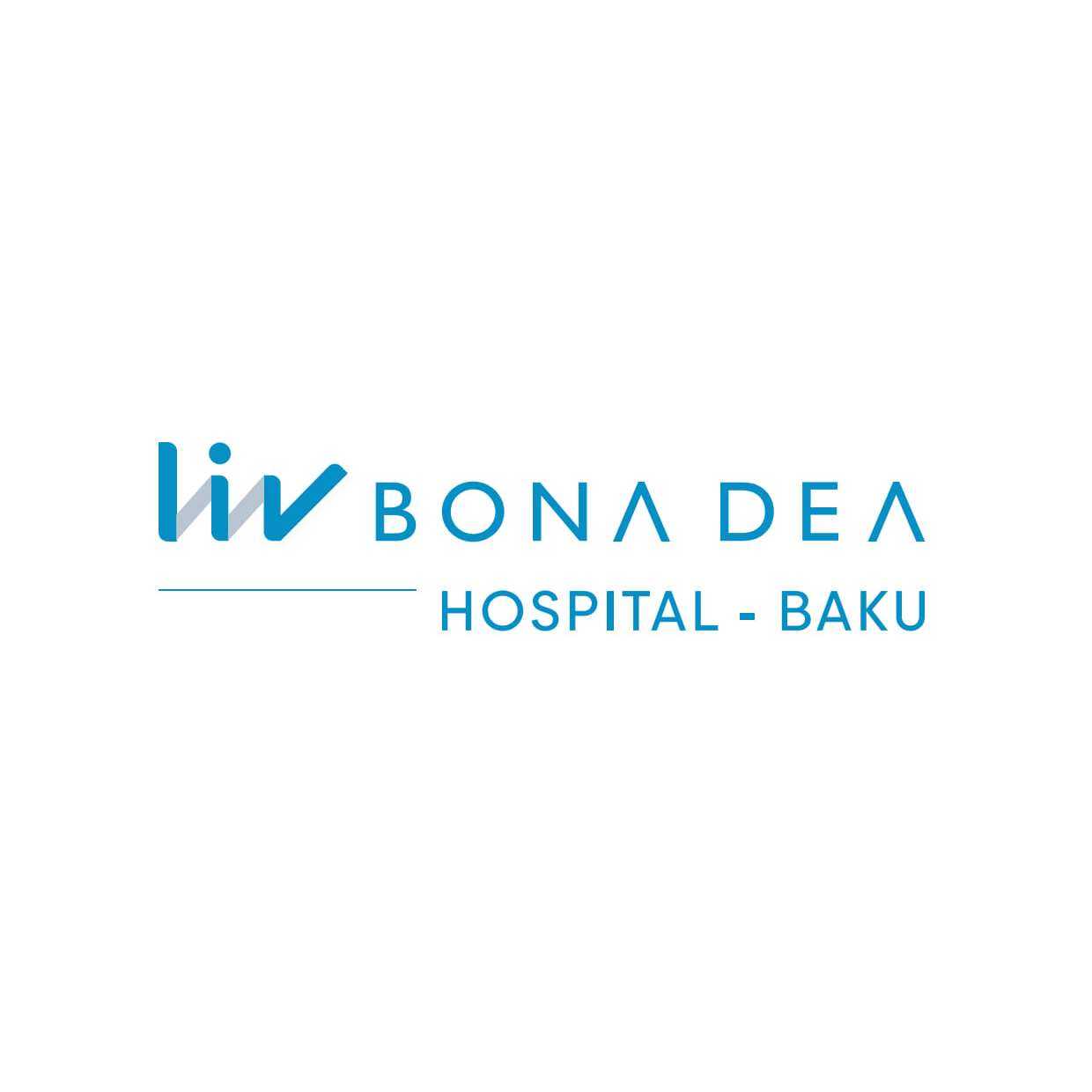

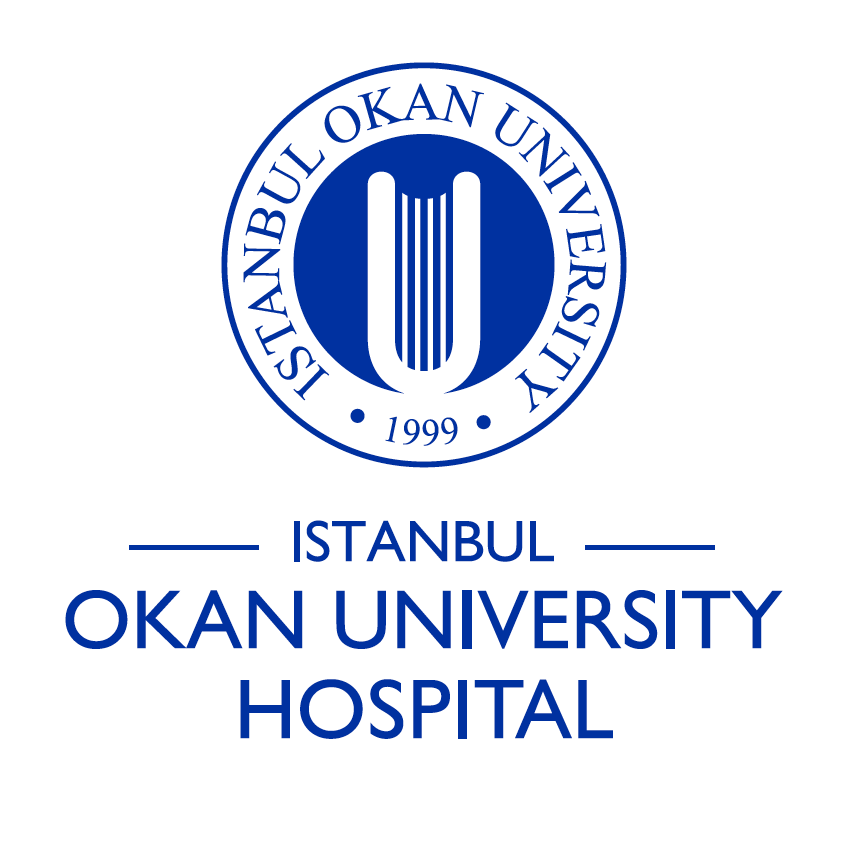

Share this listing